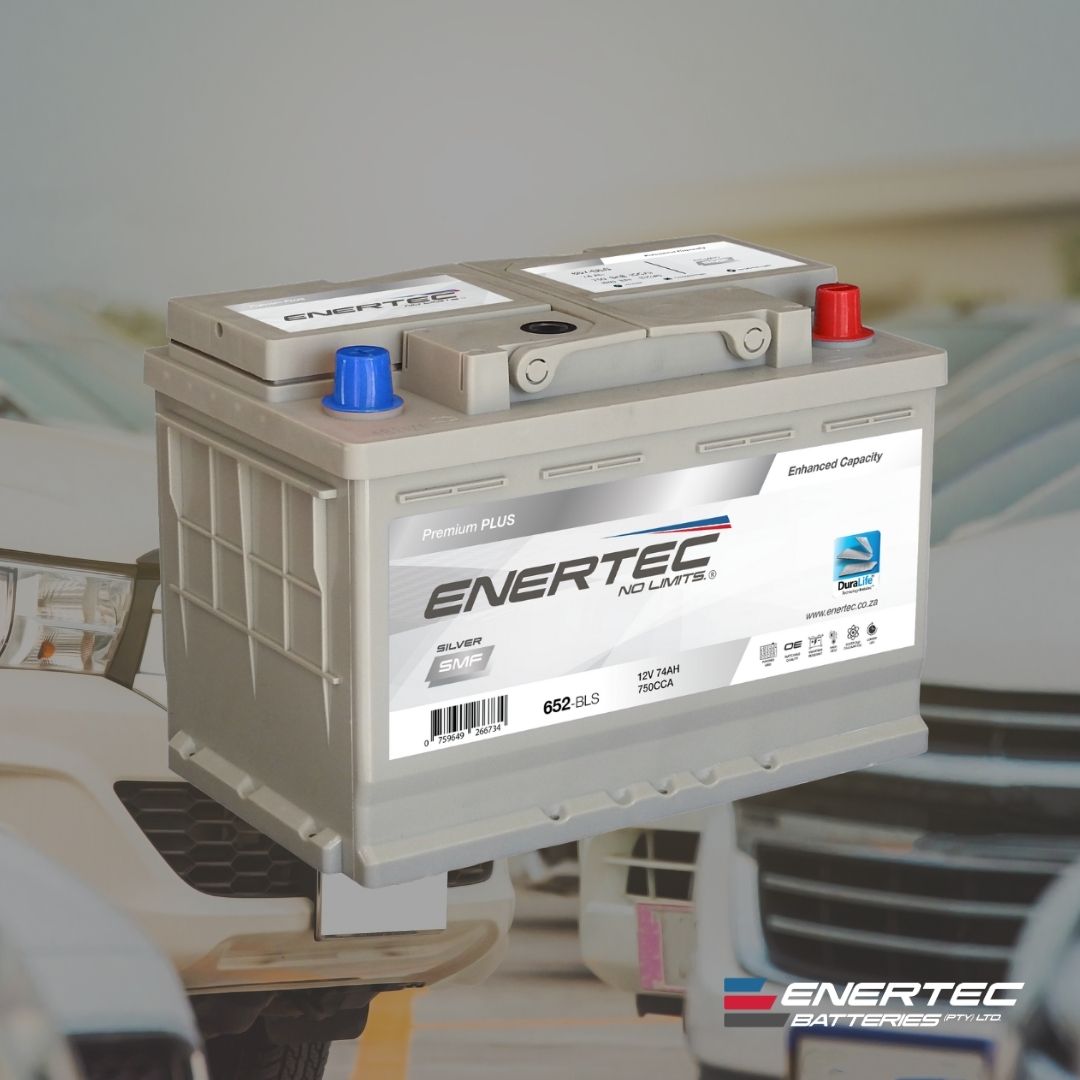2023-06-21 18:54:48
The New Solar Tax Incentive For Businesses In South Africa
Solar power has never been more advantageous for businesses in South Africa. The introduction of the Section 12B capital allowance opens up more doors for local businesses to invest in solar energy, reducing strain on the grid and securing their future against power uncertainty.
This groundbreaking tax incentive enables businesses to not only embrace renewable energy but also enjoy substantial cost savings, improved cash flow, and enhanced competitiveness. As load shedding woes persist and the need for sustainable solutions grows, businesses that seize the advantages of this incentive will not only power their operations with clean energy but also illuminate their path to long-term success.
Overview of rooftop solar panel tax rebate/incentives in South Africa
The introduction of the initial Section 12B capital allowance allows businesses to accelerate the depreciation of their solar system costs, providing a substantial boost to their financial bottom line. Starting from the year the business begins utilizing the solar system, an accelerated depreciation of 100% of the initial costs is permitted.
Moreover, as of 1 March 2023, the depreciation rate increases to an impressive 125%. This tax incentive presents a compelling opportunity for businesses to embrace solar energy and reap the associated financial benefits.
This deduction can be claimed in the year the business commences using the solar system, providing an immediate financial advantage.
Taxation on Solar Panels
In South Africa, solar panels themselves are not subject to taxation. However, businesses can take advantage of the accelerated depreciation allowance mentioned earlier, which allows them to offset the costs of their solar panels against their taxable income.
Income generated from solar panels is generally treated as ordinary income for tax purposes. However, certain exemptions and deductions may apply. It is advisable for businesses to consult with tax professionals to ensure compliance and maximize the benefits of the solar tax incentive.
Benefits of the Rooftop Solar Tax Break
The Section 12B capital allowance that offers accelerated depreciation of solar system costs provides businesses with several benefits. Here are the advantages of this allowance:
1. Cost Recovery:
The accelerated depreciation benefit allows businesses to recover the costs of their solar system investment more rapidly. By deducting 100% of the initial costs in the year the business starts using the solar system, businesses can recoup a significant portion of their investment upfront. This rapid cost recovery helps to minimize the financial burden associated with installing solar panels and accelerates the return on investment.
2.Improved Cash Flow:
By deducting the full cost of the solar system in the year of installation, businesses can reduce their taxable income and, consequently, their tax liability. This reduction in tax payments provides an immediate cash flow advantage for the business. The additional funds can be reinvested in the business for expansion, operational improvements, or other strategic initiatives, thereby enhancing overall financial stability and growth potential.
3. Increased Affordability:
The accelerated depreciation allowance makes solar energy systems more affordable for businesses. By reducing the upfront costs and improving cash flow, businesses can more readily invest in solar panel installations. This affordability factor allows businesses of different sizes and financial capacities to embrace renewable energy and access the associated benefits without significant financial strain.
4. Enhanced Return on Investment (ROI):
The accelerated depreciation benefit improves the ROI of solar energy systems. With the ability to deduct 100% of the initial costs in the year of installation and an increased depreciation rate of 125% from 1 March 2023, businesses can realize a more substantial tax benefit over a shorter period. This enhanced ROI strengthens the financial viability and attractiveness of solar investments, making them even more compelling for businesses.
5. Competitive Advantage:
Businesses that adopt solar energy systems can gain a competitive advantage. By reducing energy costs and showcasing environmental responsibility, businesses can differentiate themselves in the market. Consumers increasingly prioritize sustainability, and businesses that align with these values often enjoy enhanced brand reputation, customer loyalty, and a competitive edge over competitors who rely on traditional energy sources.
In conclusion, the Section 12B capital allowance that provides accelerated depreciation of solar system costs offers businesses the opportunity to recover costs quickly, improve cash flow, increase affordability, enhance ROI, contribute to environmental sustainability, and gain a competitive advantage. By taking advantage of this allowance, businesses can embrace solar energy and realize the numerous financial and environmental benefits associated with renewable energy adoption.
Eligibility and Implementation of the solar tax incentive scheme:
To qualify for the solar rebate under the new tax incentive scheme, businesses must meet certain criteria. While specific requirements may vary, generally, the following conditions must be satisfied:
- Business registration: The entity must be a registered business operating in South Africa.
- Solar system installation: The business must have installed a qualifying solar system for energy generation purposes.
- Commencement of use: The solar system must be operational and actively generating energy.
- Compliance: The business must comply with all relevant regulations and guidelines set forth by the South African Revenue Service (SARS) and other regulatory bodies.
- Importance of Rooftop Solar Adoption: Rooftop solar panel installations offer numerous benefits beyond the financial incentives provided by the tax break. They contribute to the diversification of the energy mix, reduce the strain on the national grid, and enhance the overall resilience of the energy system.
Furthermore, the widespread adoption of rooftop solar panels stimulates local economies by creating job opportunities in the renewable energy sector. It encourages innovation and technological advancements, positioning South Africa as a leader in the clean energy transition.
Other solar system installation incentives in South Africa:
Big banks/finance institutions are offering zero initiation fees for second bond applications for solar systems
In addition to the tax incentives mentioned earlier, there are other incentives available in South Africa to encourage solar system installations. One notable incentive comes from big banks and financial institutions, which are offering zero initiation fees for second bond applications specifically for solar systems.
These zero initiation fee programs are designed to encourage and incentivize the adoption of solar energy by reducing the financial barriers associated with obtaining financing. By waiving the initiation fees, banks, and financial institutions are making it even more attractive for customers to invest in solar power.
The zero initiation fee programs typically work by allowing customers to apply for a second bond or mortgage against their property to fund the installation of a solar energy system. The process is streamlined, and the fees that are typically associated with initiating a second bond, such as bond registration fees or administration fees, are waived. This significantly reduces the upfront costs associated with financing a solar project and makes it more financially feasible for individuals and businesses.
By partnering with reputable banks and financial institutions that offer zero initiation fees for solar projects, you can take advantage of these cost-saving opportunities and access affordable financing options. It is crucial to research and identify banks or financial institutions that offer such programs, as the availability may vary depending on your location and the specific lenders in your region.
Benefits of Zero Initiation Fee Programs:
1. Lower Upfront Costs:
The main advantage of zero initiation fee programs is the reduced upfront costs for financing your solar energy project. By eliminating or waiving the initiation fees, you can allocate your financial resources more efficiently toward the installation and implementation of the solar system.
2. Improved Return on Investment (ROI):
With lower upfront costs, your return on investment improves. Since you are not burdened by significant initiation fees, the overall financial picture of your solar project becomes more favorable. This means you can recoup your investment faster and start enjoying the long-term cost savings and financial benefits of solar energy.
3. Increased Affordability:
Zero initiation fee programs make solar energy more affordable and accessible to a wider range of individuals and businesses. By reducing the upfront financial barrier, more people can take advantage of solar finance options and embark on their sustainable energy journey.
4. Partnering with Reputable Institutions:
When you opt for solar financing through big banks and financial institutions, you benefit from their expertise, infrastructure, and trustworthiness. These institutions have well-established financing programs, which can give you peace of mind and confidence in your decision to go solar.
It is important to note that the specific terms and conditions of this incentive may vary among different banks and financial institutions. Those interested should contact their preferred financial institution to inquire about the details of the zero initiation fee offer and determine their eligibility.
Overall, this incentive provides an opportunity to finance solar system installations without the additional burden of initiation fees. It helps to further incentivize the adoption of solar energy by reducing upfront costs and making it more accessible to a wider range of homeowners in South Africa.
To learn more about financing a solar project, please read Enertec Energy’s Ways in which you can fund your Solar Energy Project without massive capital outlay here.
In conclusion on solar tax incentives
South Africa is making significant strides in promoting solar energy adoption by offering tax incentives to businesses. Tax incentives make solar investments financially viable and attractive. These tax incentives, including tax deductions and accelerated depreciation allowances, play a significant role in reducing the financial burden for businesses investing in solar systems.
Furthermore, the zero initiation fee incentive offered by big banks and financial institutions makes it more affordable for individuals to finance their solar system installations through second bonds. This initiative reduces the upfront costs associated with obtaining financing and promotes the accessibility of solar energy for homeowners.
With these comprehensive incentives, South Africa is fostering a favorable environment for solar energy adoption, encouraging businesses and individuals to invest in renewable energy systems. By embracing solar power, South African households and businesses are one step closer to securing their futures against energy uncertainty.



